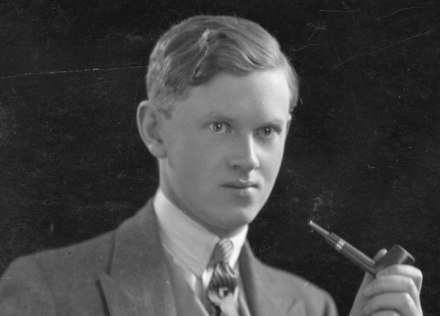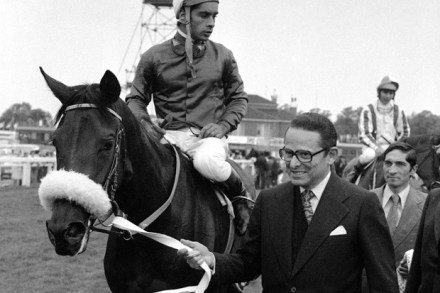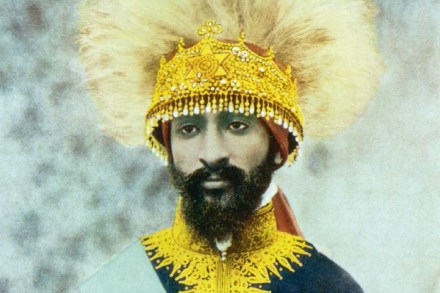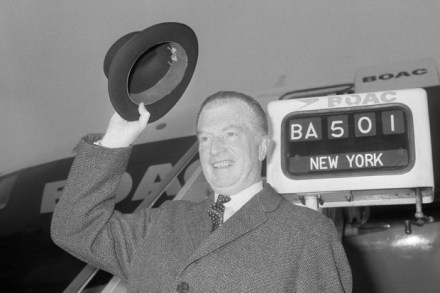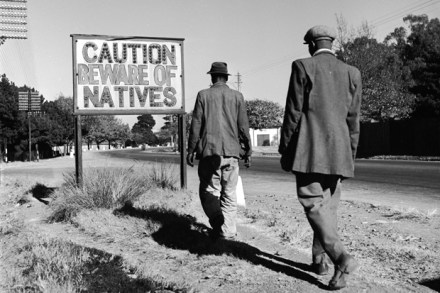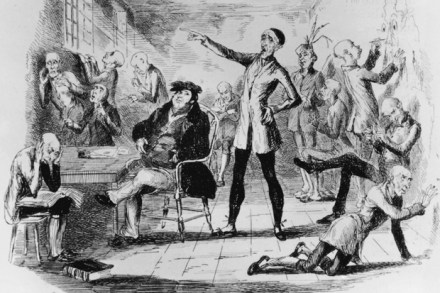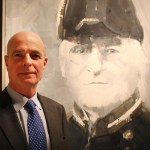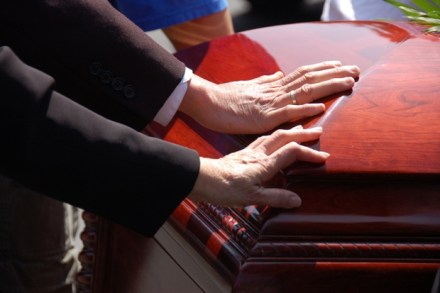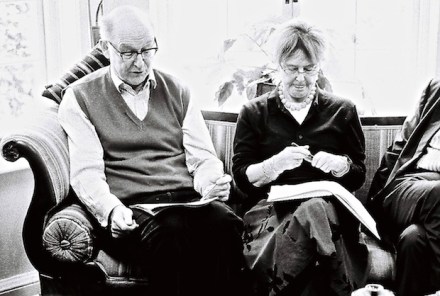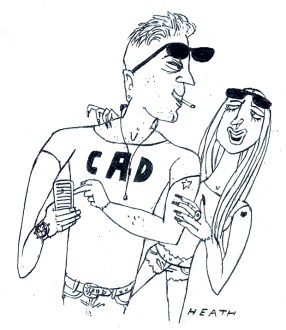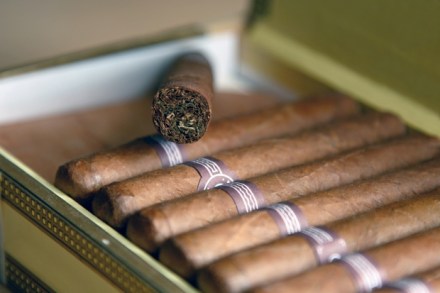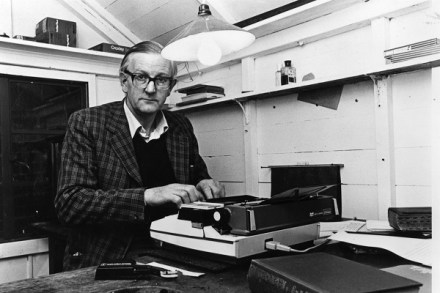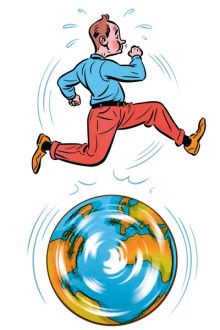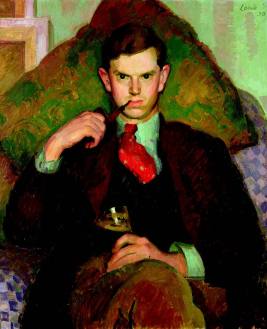Correction of the day: Evelyn Waugh was not a woman
Oh dear. Today Time magazine released a list of the 100 most-read female writers in American colleges. On the list were Jane Austen, J K Rowling, Kate L. Turabian and… Evelyn Waugh. Yes, the Brideshead Revisted author made it onto the all-female list despite the fact that he was a man. In their defence, Waugh’s first name has caused confusion before, with his first wife also called Evelyn. The magazine have since issued a correction: Mr S suspects this error is already a frontrunner for ‘2016 correction of the year’.
